Dallas, Texas
New Construction
Architect
OMNIPLAN ArchitectsDallas, Texas
Sheet Metal Contractor
Baker TriangleMesquite, Texas
General Contractor
Austin CommercialDallas, Texas
Exhibit Designer
Berenbaum, Jacobs & AssociatesLos Angeles, California
MEP Engineer
Blum Consulting EngineersDallas, Texas
Structural Engineer
Datum EngineersDallas, Texas
Civil Engineer
Walter P MooreNew York, New York
For a museum designed from the inside out, the chosen exterior façade material had to reflect the mission taught through the museum’s exhibits on the interior. In the case of the Dallas Holocaust and Human Rights Museum, that mission can be brought down to one word: perseverance. The museum’s façade is made up of a ribbon of copper flat-lock panels that wraps the major exhibits on the exterior as well as the interior. The copper façade maps the journey of the exhibit visitors through an ascending facet apparent on the façade. The panels collectively create a sense of movement becoming an outward expression of the movement of visitors within. As one of the oldest building materials, copper is often used for its durability. The metal will weather over time, acquiring a dark patina. Alluding to the idea of perseverance and weathering the storm, copper was an appropriate envelop for a museum teaching of those who have had to endure so much more than we can ever imagine. The copper is reflective of the resilience and perseverance of those who have stood up to injustice and inequality throughout history.
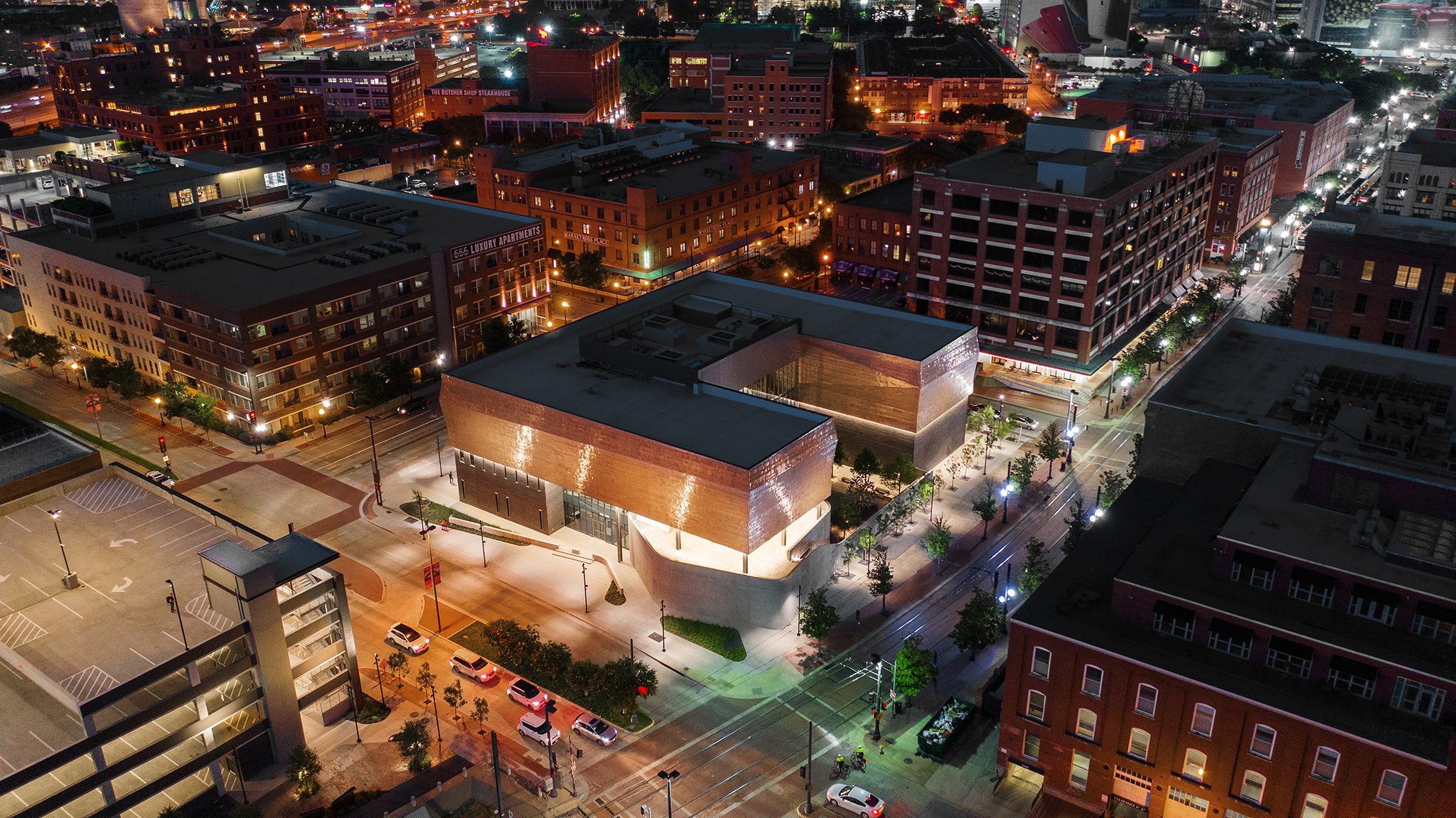
Photo Credit: OMNIPLAN
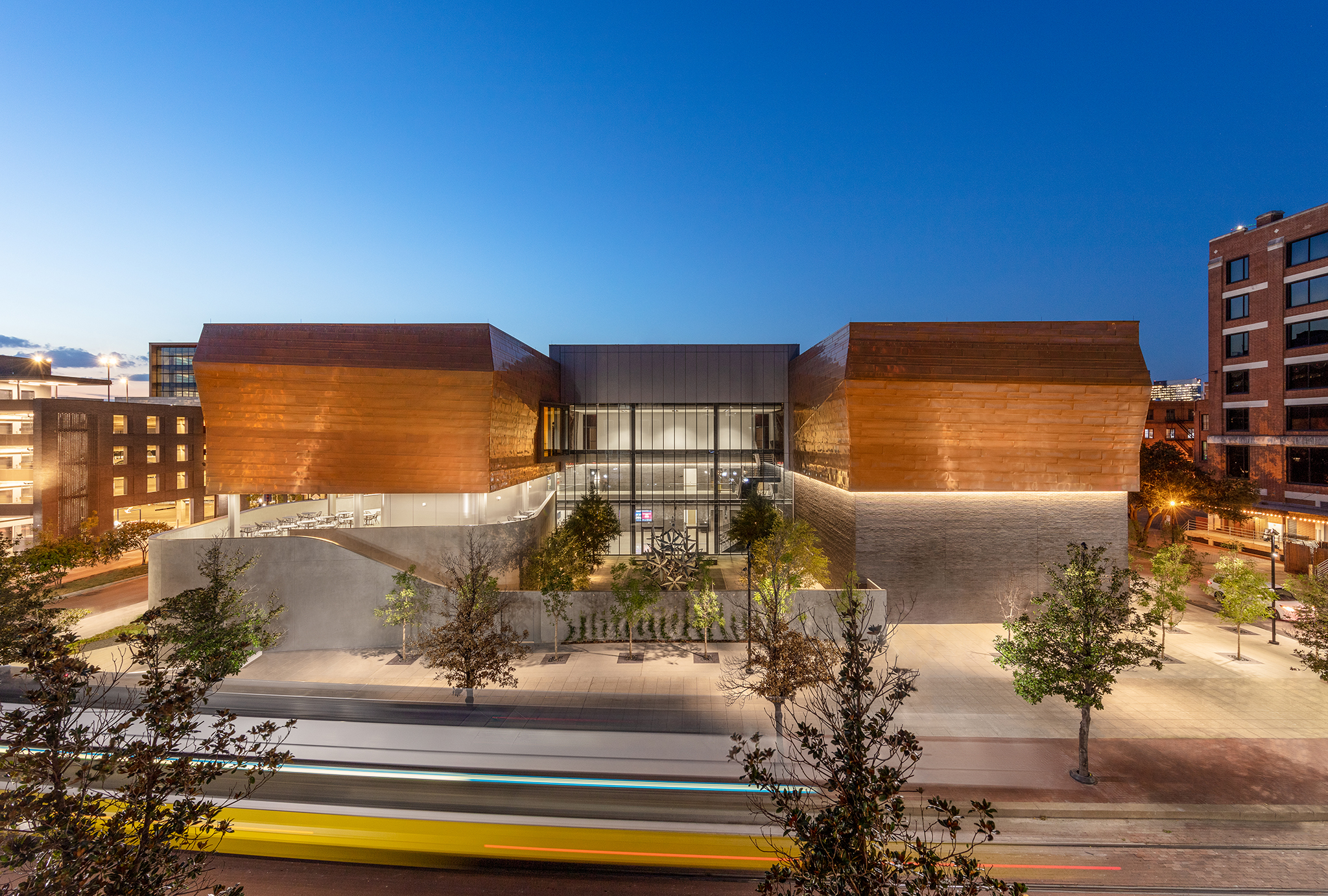
Photo Credit: Jason O'Rear
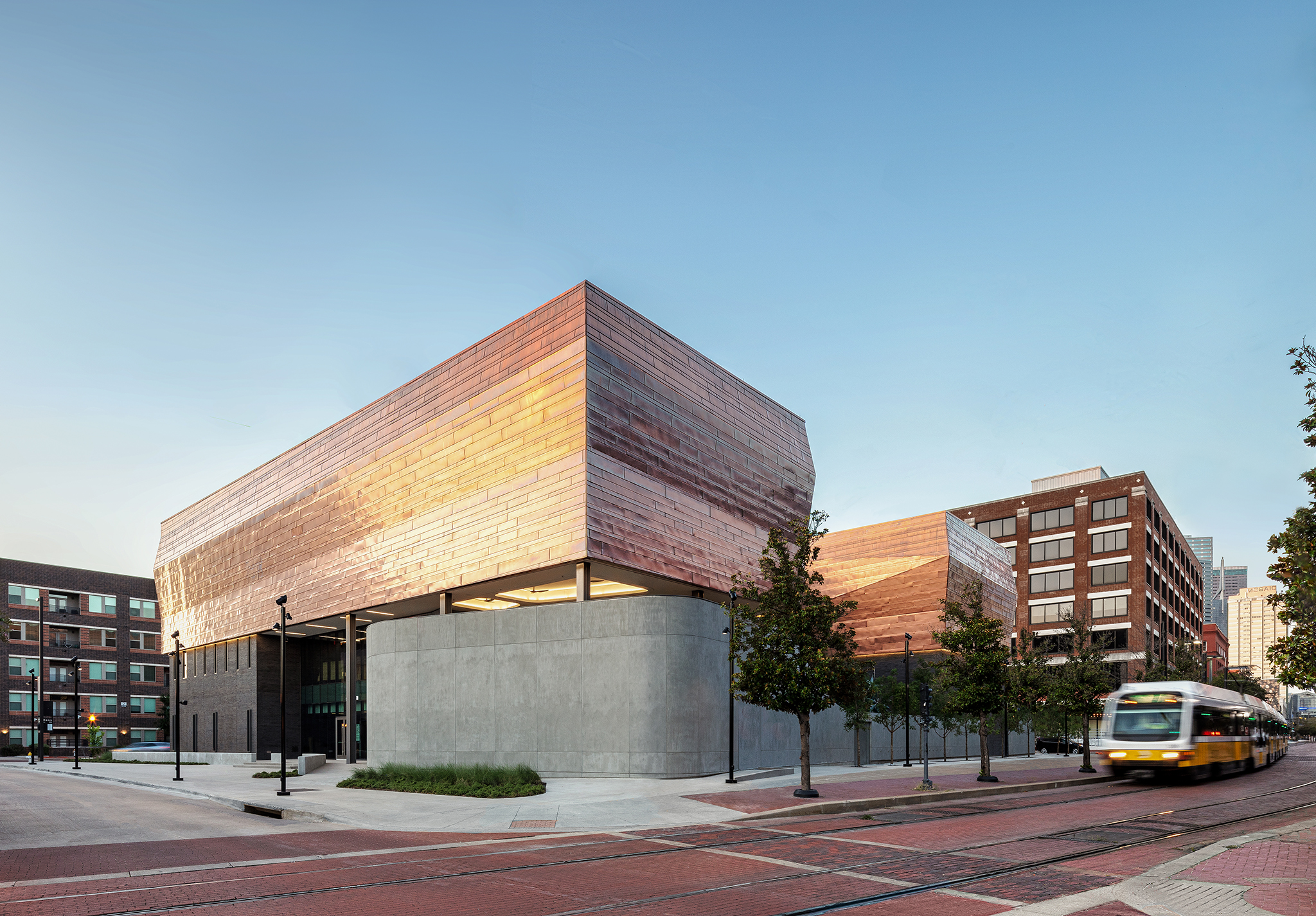
Photo Credit: Jason O'Rear
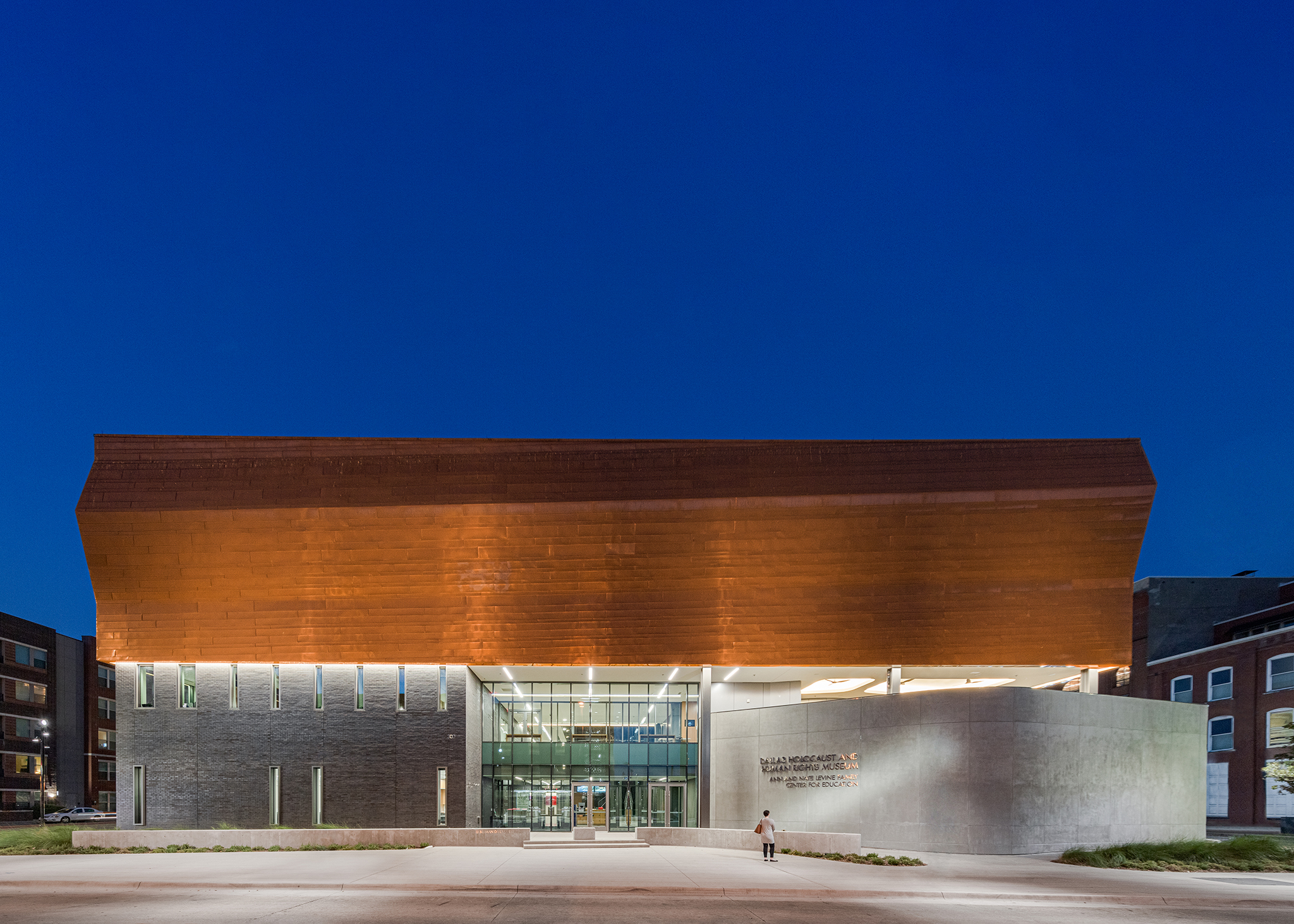
Photo Credit: Jason O'Rear
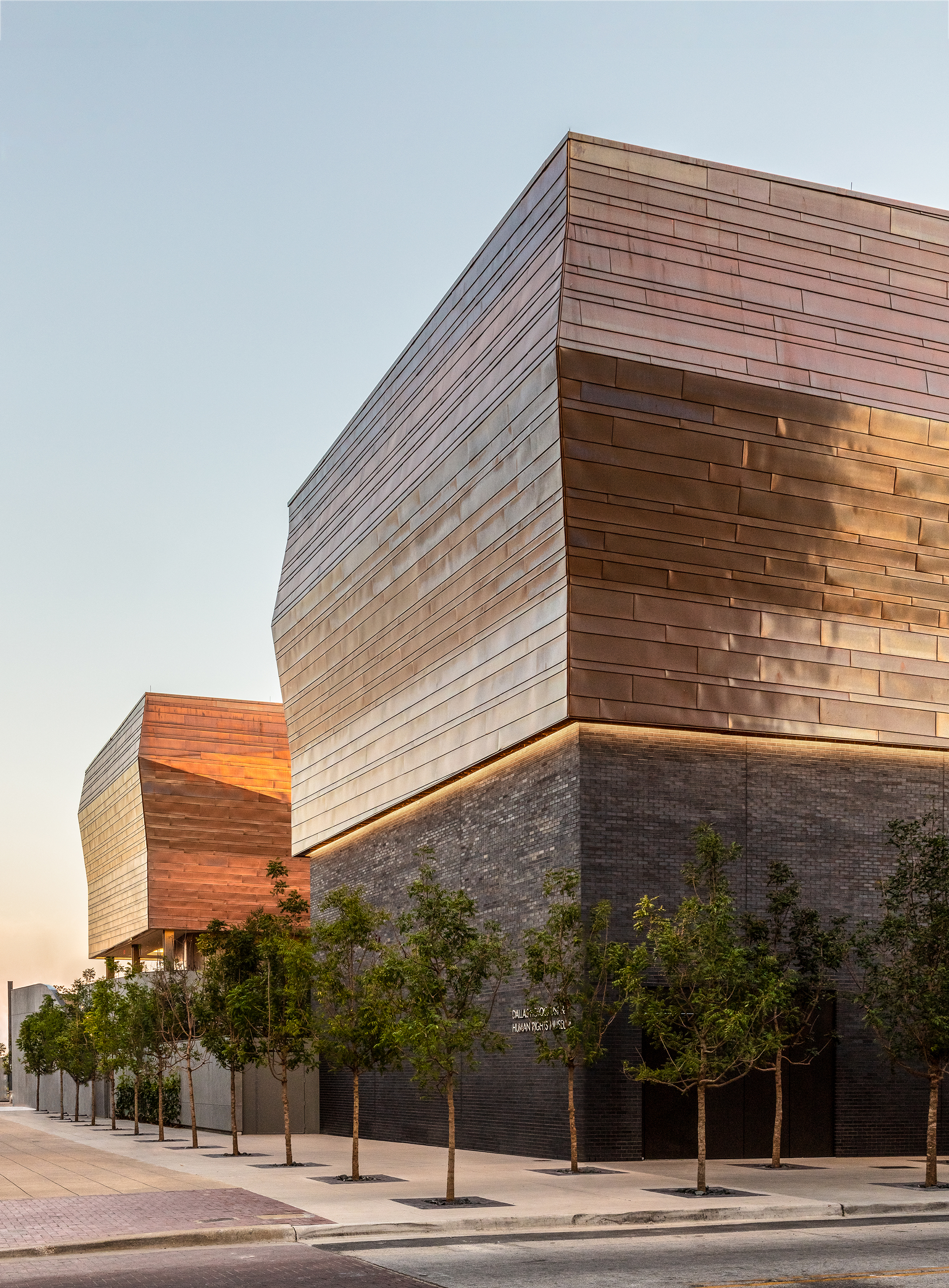
Photo Credit: Jason O'Rear
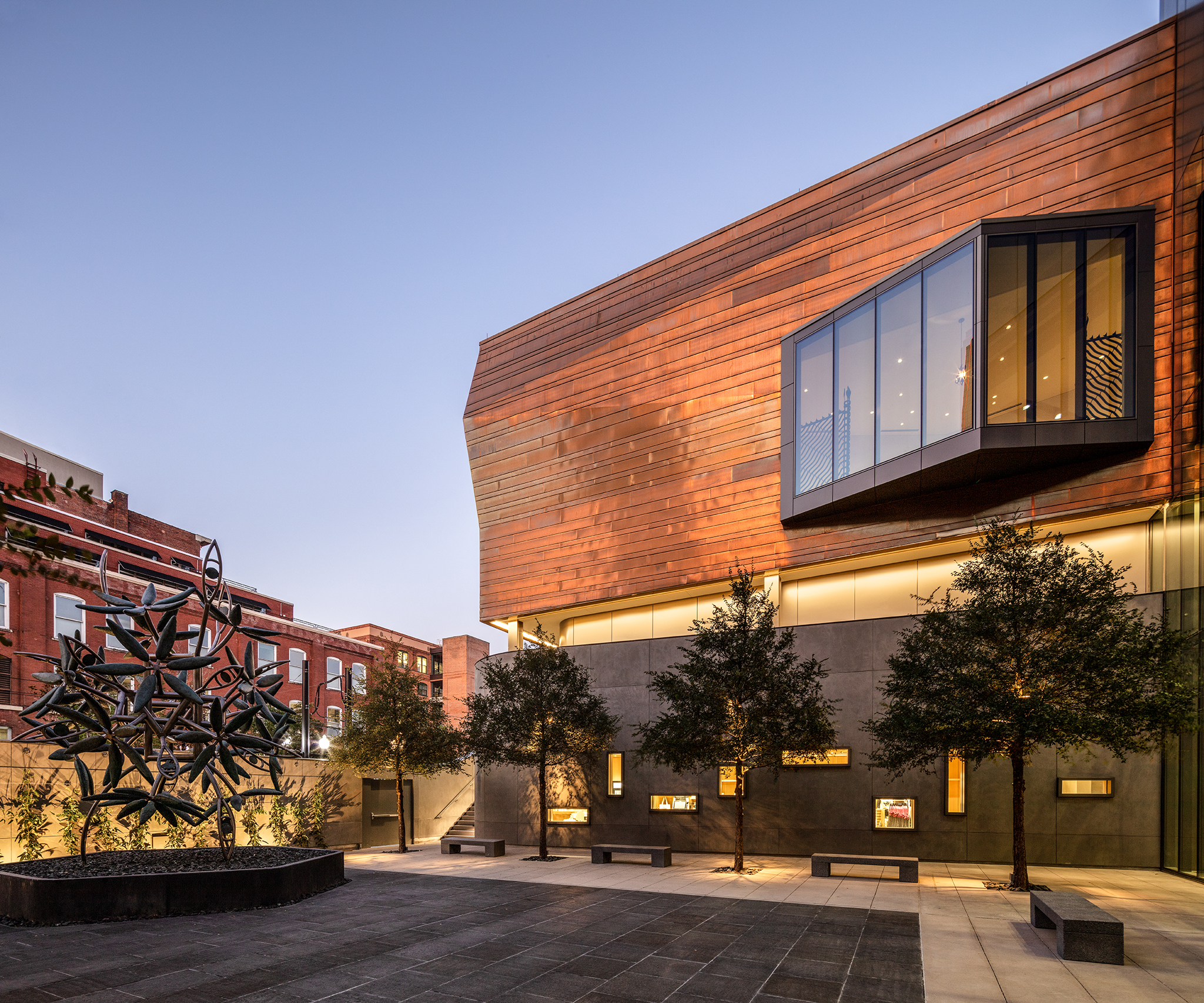
Photo Credit: Jason O'Rear
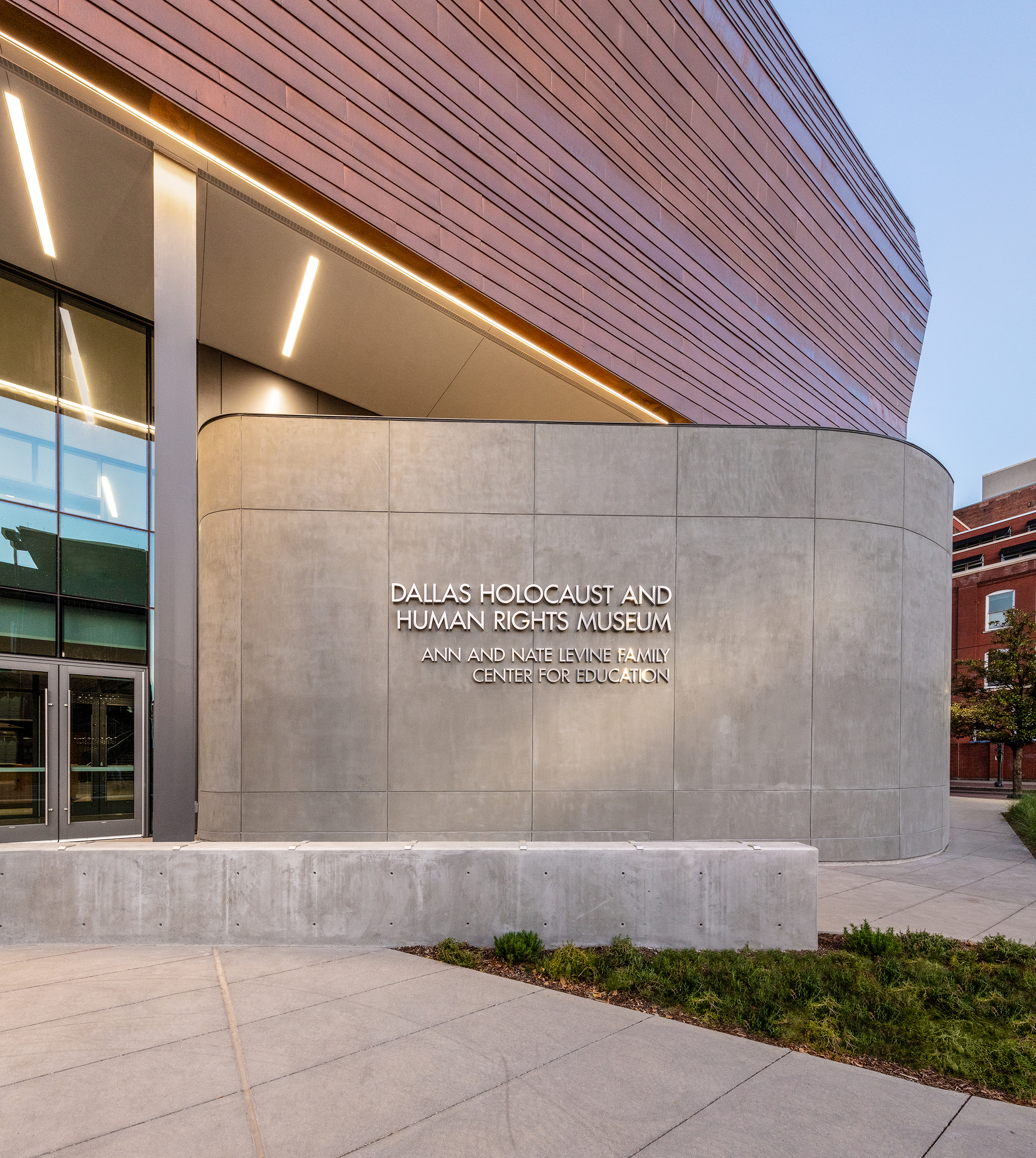
Photo Credit: Jason O'Rear
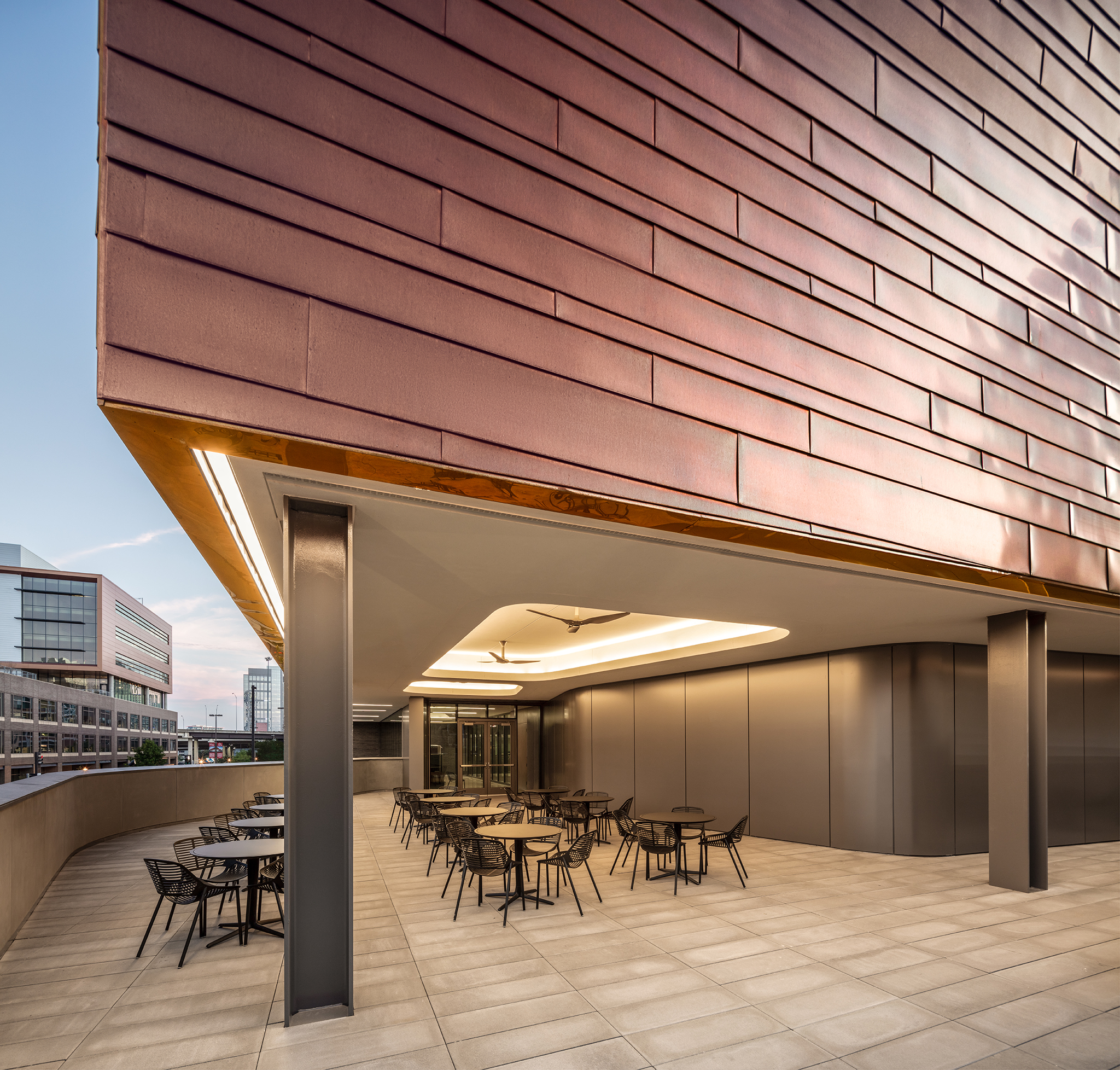
Photo Credit: Jason O'Rear
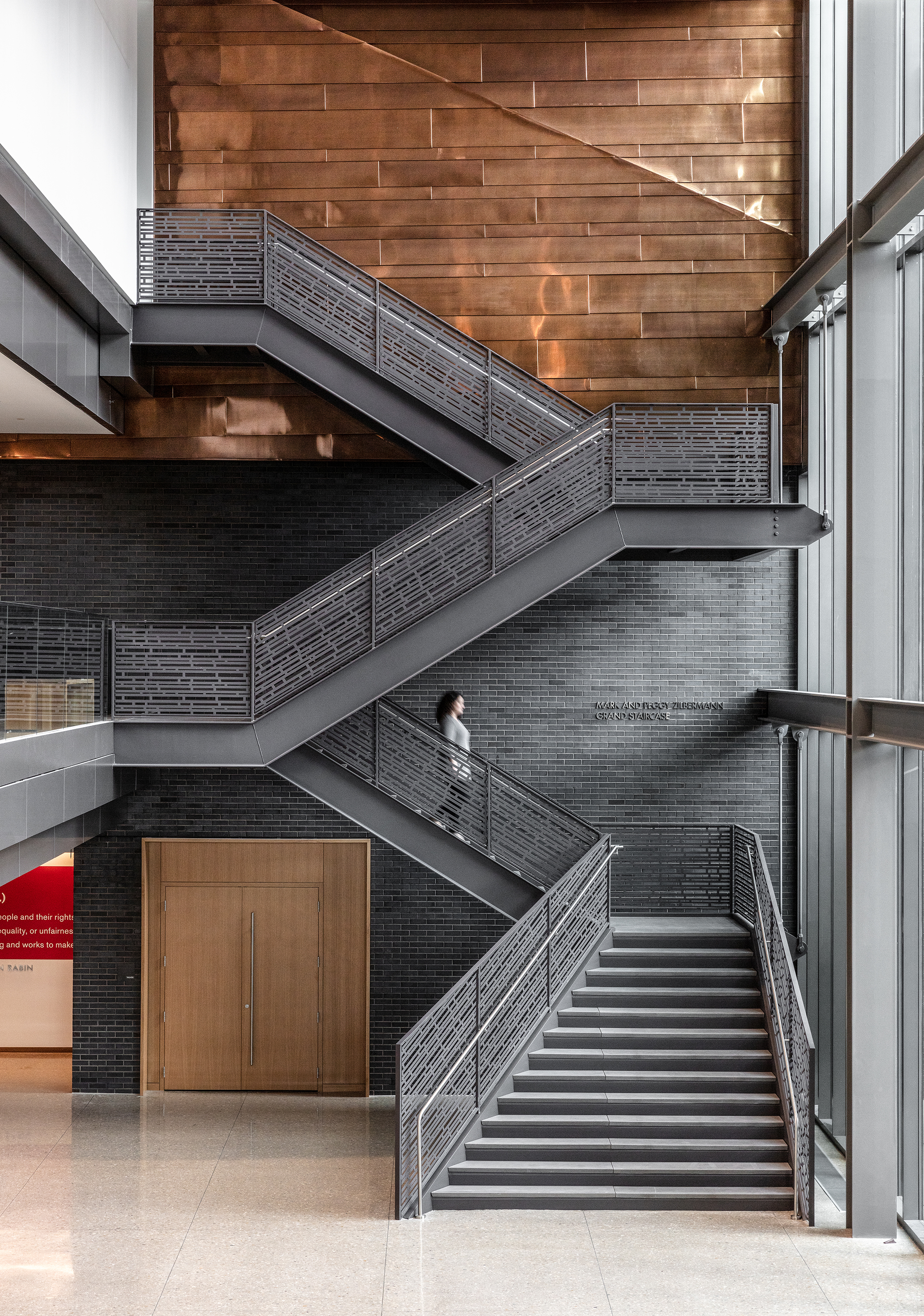
Photo Credit: Jason O'Rear
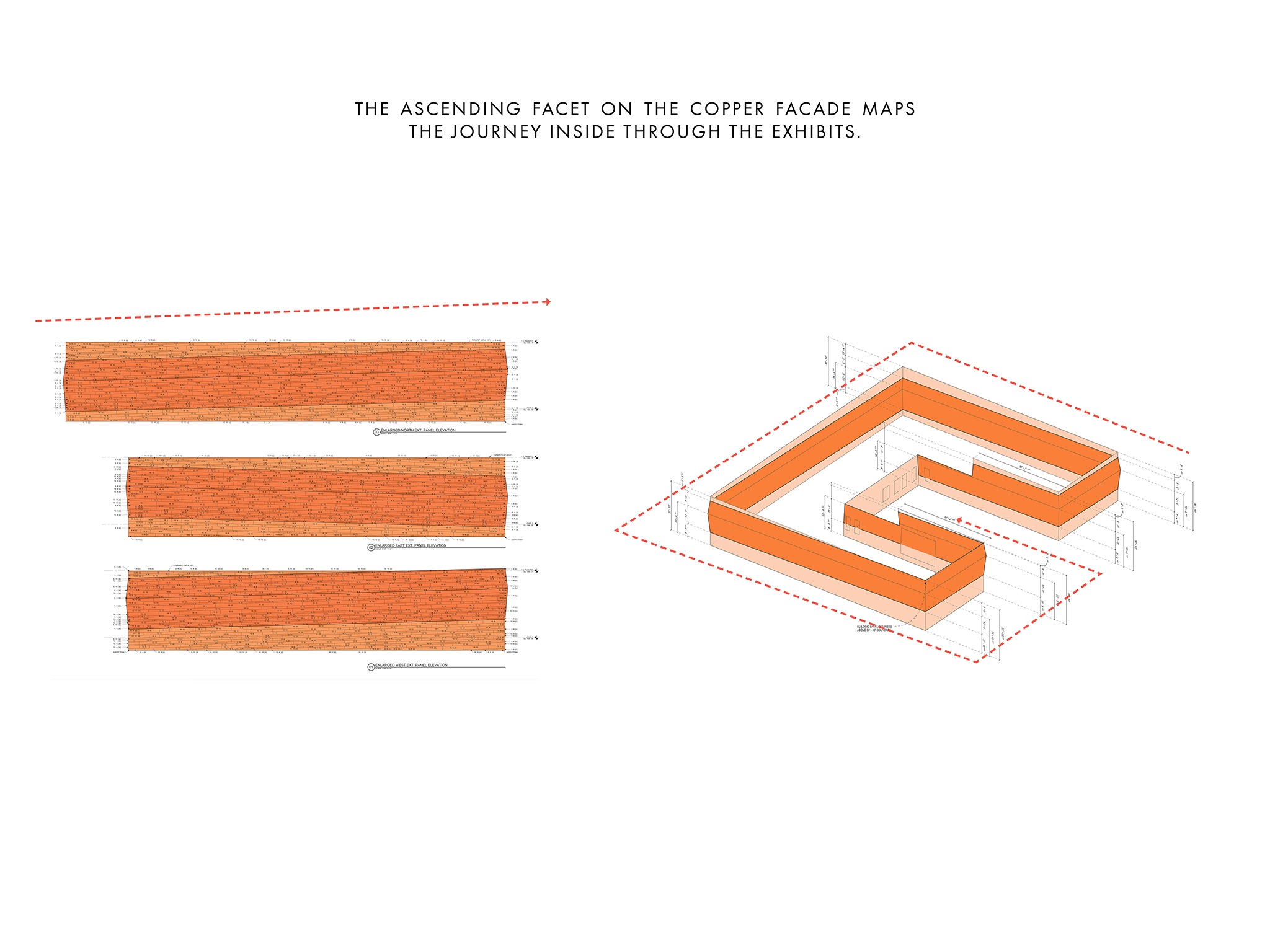
Photo Credit: Jason O'Rear
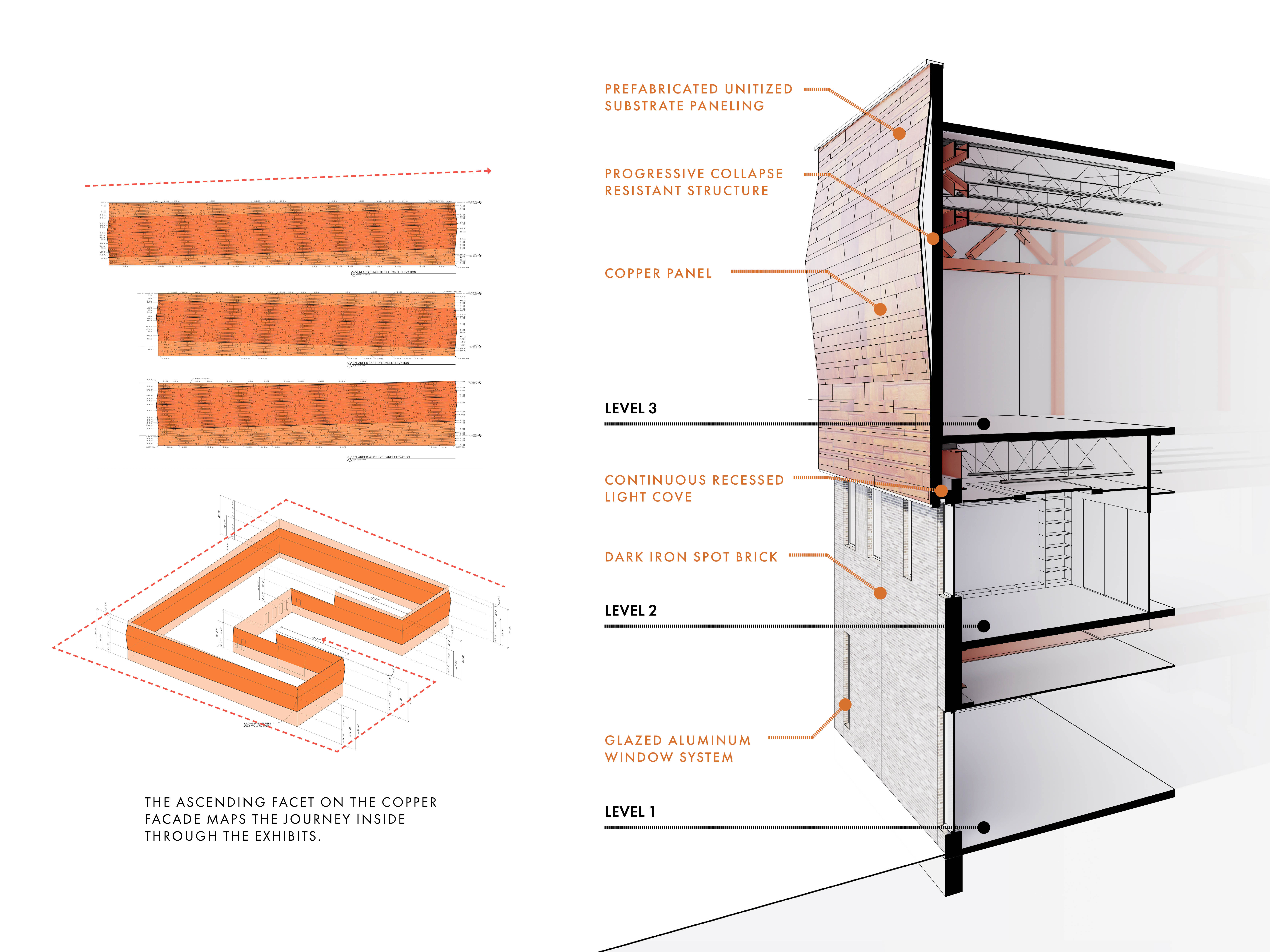
Photo Credit: OMNIPLAN
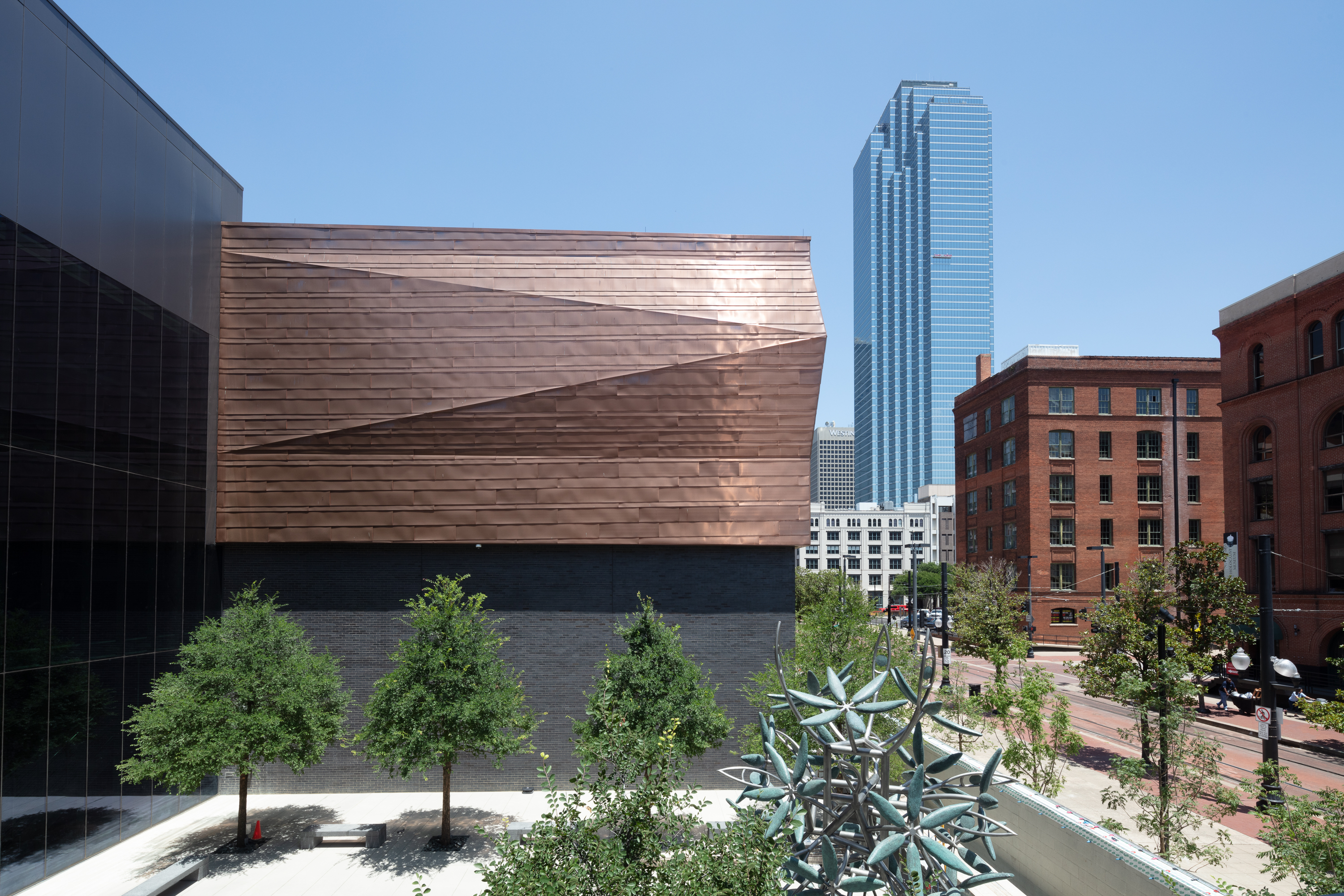
Photo Credit: OMNIPLAN
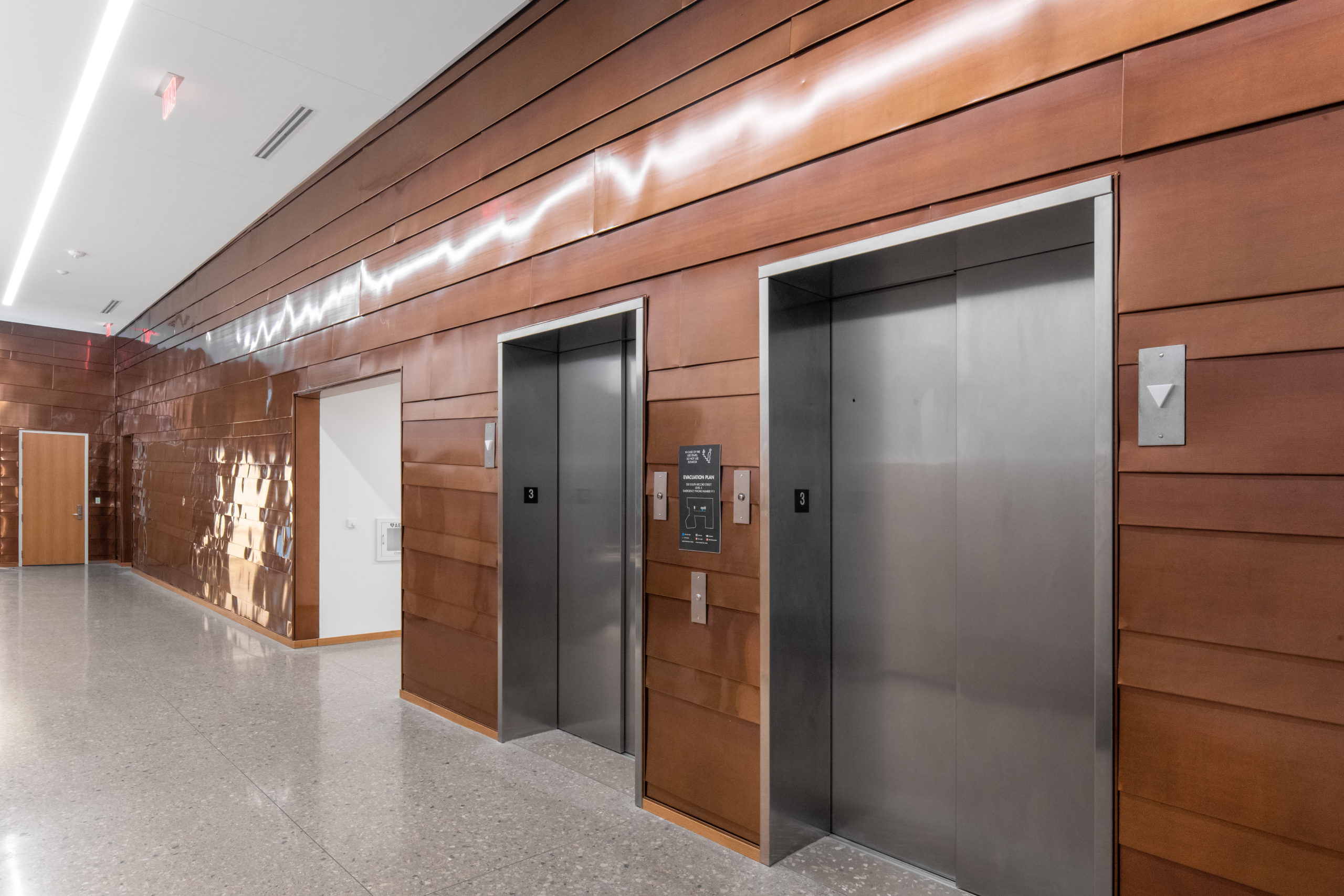
Photo Credit: OMNIPLAN